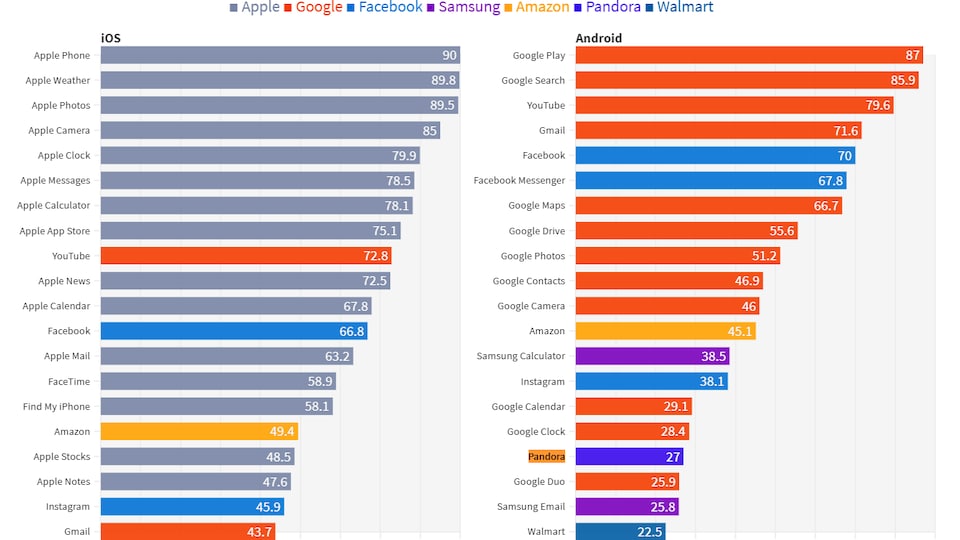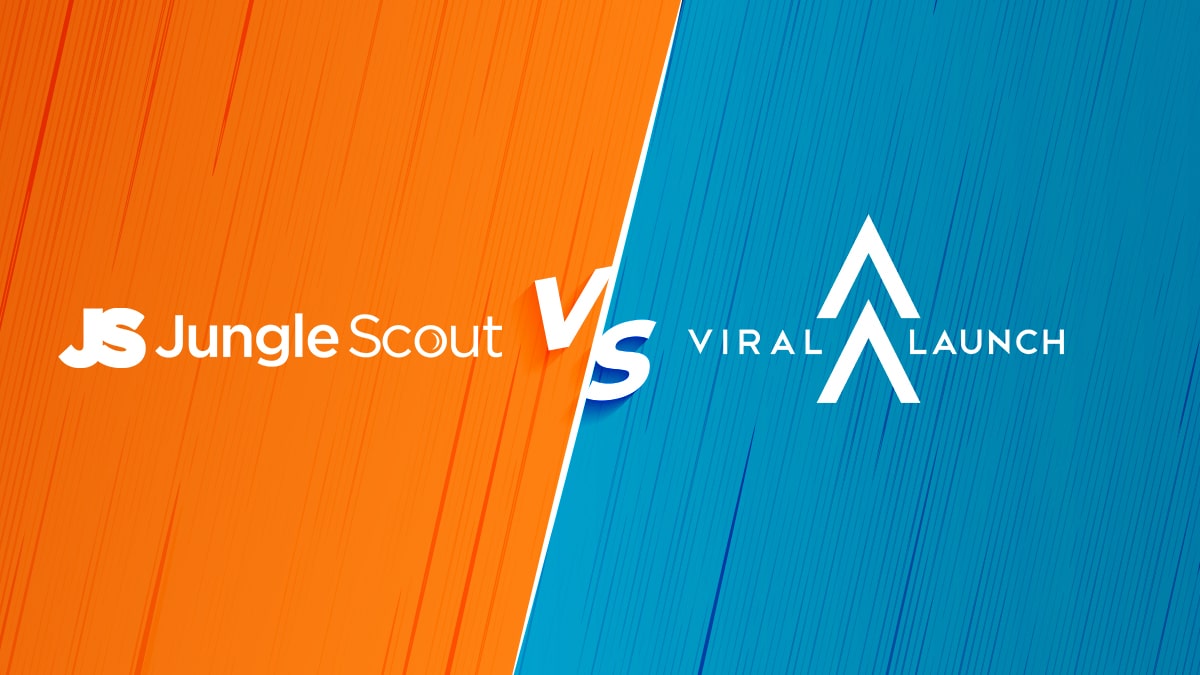Apple and Google apps reign supreme in smartphones
When you buy a smart phone, whether with the Android or iOS operating system, the device comes with a handful of mobile apps that are already built-in.
For Apple, there are, among others, applications such as Phone, Weather, Photos, Messages, Clock, Mail, Calculator, Notes, Calendar, News, etc. On the Android side, these are notably the applications Google Play, Google search, YouTube, Gmail, Maps, Drive, Photos, Calendar, Contacts and many others.
The Comscore study commissioned by giant Facebook – one of the two giants’ most vocal critics – ranks the popularity of apps preinstalled on iOS and Android smartphones over those created by other developers.
Unsurprisingly, apps that offer basic services like weather, photos, and time far outweigh the rest, making them harder to compete with.
Other applications that are not essential, however, such as Apple Maps and Apple Music, also dominate. Even Gmail is carving out a place of choice on Android as well as in Apple’s list, a few boxes below Mail.
Amazon, Facebook and Instagram, which are not products of Apple and Google, are nevertheless making their way into the list of the 20 most popular applications according to the study.
For the latter, Comscore surveyed some 4,000 people in the United States about the default apps they used in November 2020. The company also used the data it already collects on a regular basis. and websites for its reports.
According to The Verge, 75% of the top 20 apps on iOS are Apple’s creation, while Google is behind 60% of the most used apps on Android.
These results are timely: in the United States, bills are being studied to further regulate web giants, in particular to prevent them from favoring their services at the expense of other developers. The Apple company, for example, could be forced to accept third-party applications on its devices, as Google already does.
Gaps in the study
While Google did not respond to a request for comment from The Verge, Apple is dismissing the study’s findings out of hand.
This Facebook-funded December 2020 survey has been tightly tailored to give the false impression that there is little competition in the App Store
, an Apple spokesperson told The Verge.
In truth, third-party apps compete with Apple’s apps in all categories and are enjoying widespread success.
Comscore’s methodology removes several preinstalled applications from its ranking, including Safari and Chrome browsers. For Android, the results are also not categorized by device type, such as Samsung-branded phones versus the Pixel, a Google product, which could add additional bias.






